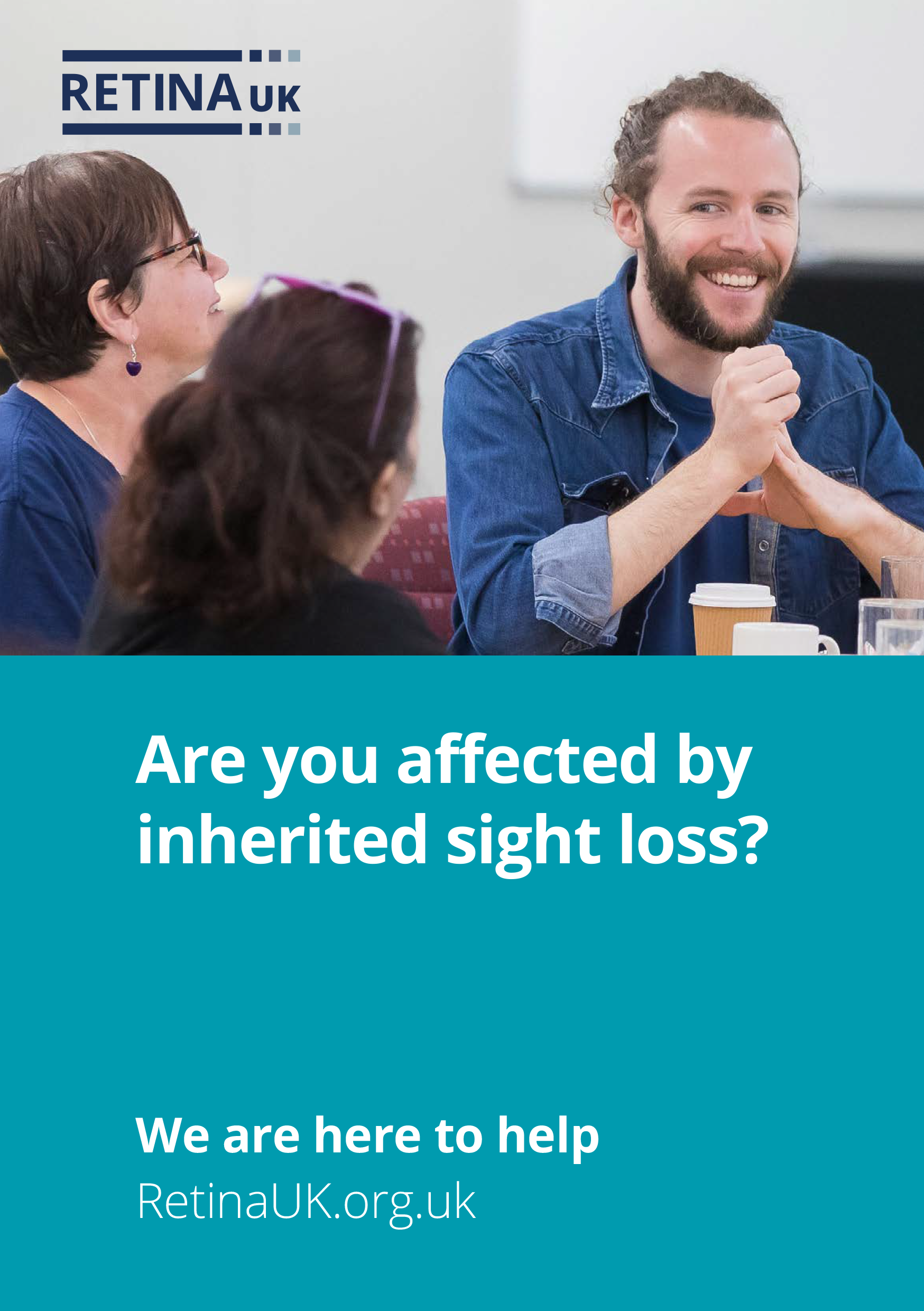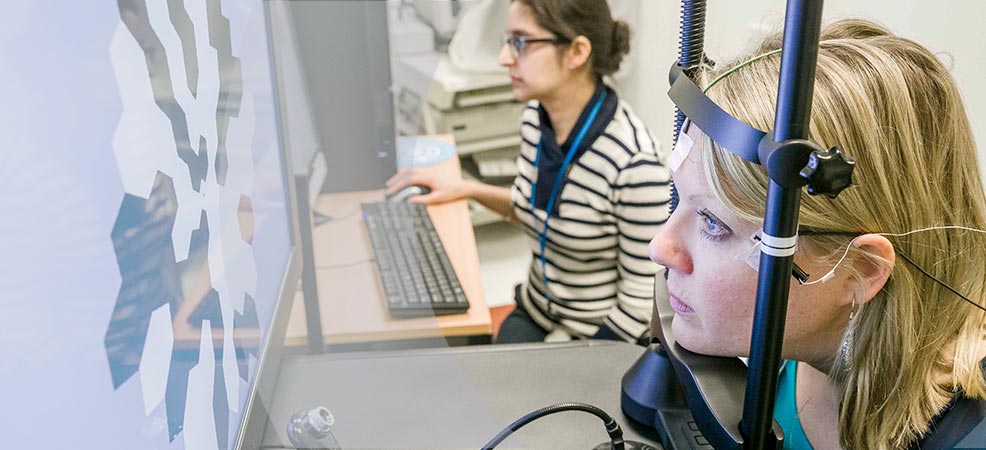ReNeuron trial FAQs
You may have heard that a cell-based treatment approach (sometimes referred to as a “stem cell treatment”), developed by a company called ReNeuron, is being tested in a clinical trial at Oxford Eye Hospital and other centres in the US and Europe.



